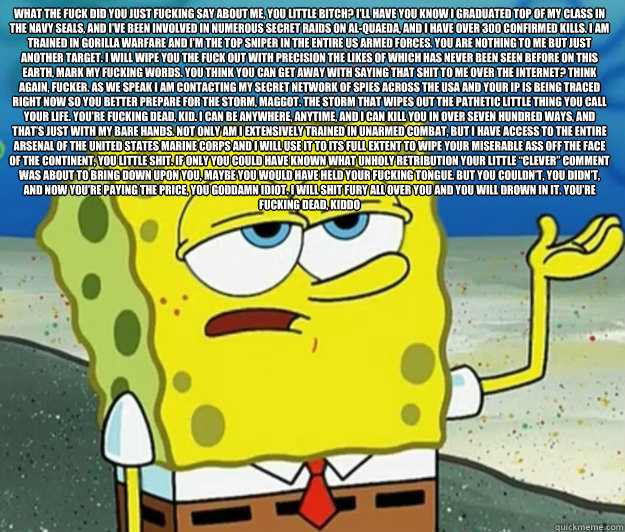What does the e111 cover: The European Health Insurance Card
The European Health Insurance Card
What is the European Health Insurance
Card?
The European Health Insurance Card (EHIC) allows you to access public
healthcare in another EU/EEA
state for free or at a reduced rate. You can use it when you are travelling
abroad or when you are staying temporarily in another EU State.
Essential points about the card
- Each family member needs their own card.
- It lasts for up to 4 years.
- You will need to apply to renew your card and you can renew online.
- When abroad, always carry your EHIC with you.
- It will not cover you for healthcare outside of the EU, other than
Iceland, Norway and Liechtenstein (EEA) and Switzerland. - It does not cover private healthcare.
- It used to be called the E111 form.
You can apply:
- In person: at any local health office except, Dublin
North West, Dublin South, Kildare and West Wicklow. - By post: Print
out an application form and post it to your local health office along
with any documents required. - Online: Apply through the
HSE website if you have a medical card or drug payment scheme card and
you live in Ireland.
Can I get a European Health Insurance Card?
You can only apply for an European Health Insurance Card:
- If you live in Ireland
- If you live in another European Union (EU), European Economic Area (EEA)
member state, or Switzerland
If you live in Ireland but you are linked to another EU/EEA State’s Social
Security System, contact the health authorities in that country for more
information.
If you live in another EU/EEA member state or Switzerland
If you live in the EU, EEA or Switzerland, you are entitled to an
Irish-issued EHIC if you any of the following apply.
- You receive a state pension from Ireland and have an Irish-issued E
Form/S1 form (certificate of entitlement) registered in your country of
residence. - You work for an Irish employer and are posted to work in another EEA
country or Switzerland. - You are a frontier worker (cross-border worker) living in the EEA and
working in Ireland. - You are a family member of a posted worker or of someone working in
Ireland and you are not covered in your own right by the EEA country you
live in.
If you are resident in another EU/EEA
member state, you will need to complete a different
application form online, by email or post.
If you are not eligible for an Irish-issued EHIC, you should see if you are
eligible for an EHIC in the country you are currently living in.
Where can I use it?
EU and Europe
You can use your European Health Insurance Card in any European Union or
European Economic Area (EEA) country and in Switzerland. Currently, the EEA
comprises of the 27 member states of the European Union together with Iceland,
Norway and Liechtenstein.
As Andorra and Monaco are not part of the EU or EEA, your EHIC is not
accepted there.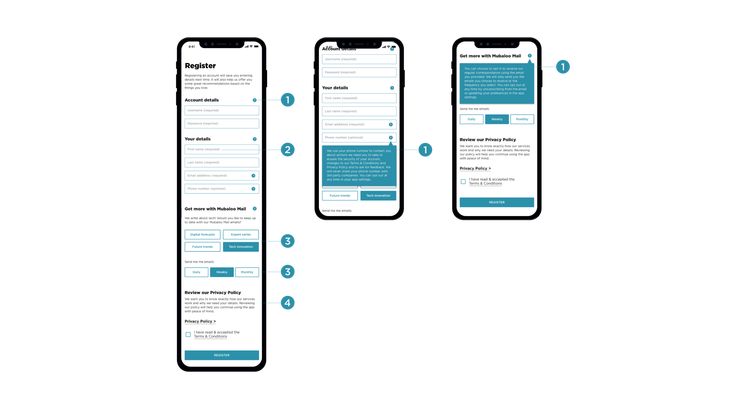
Find out where
you can use your EHIC and how to access healthcare abroad.
UK
If you are an Irish citizen, you have access to healthcare under the Common
Travel Area while visiting the UK. However, other EU citizens should
continue to use the EHIC, which is still accepted in the UK.
Outside the EU
If you are travelling outside the EU/EEA, you should get private health
insurance instead.
What does it cover?
| What it covers | What it does not cover |
| Free or reduced cost public healthcare in any of the EU and EEA countries |
Private healthcare |
| A temporary stay up to 3 months | The cost to fly you back to Ireland |
| Pre-existing medical conditions | Ongoing or permanent healthcare |
| Routine maternity care – as long as you’re not going there to give birth |
Medical expenses, if your reason for going abroad is to have treatment |
| If you’re a student studying abroad, you’ll be covered for up to an academic year. 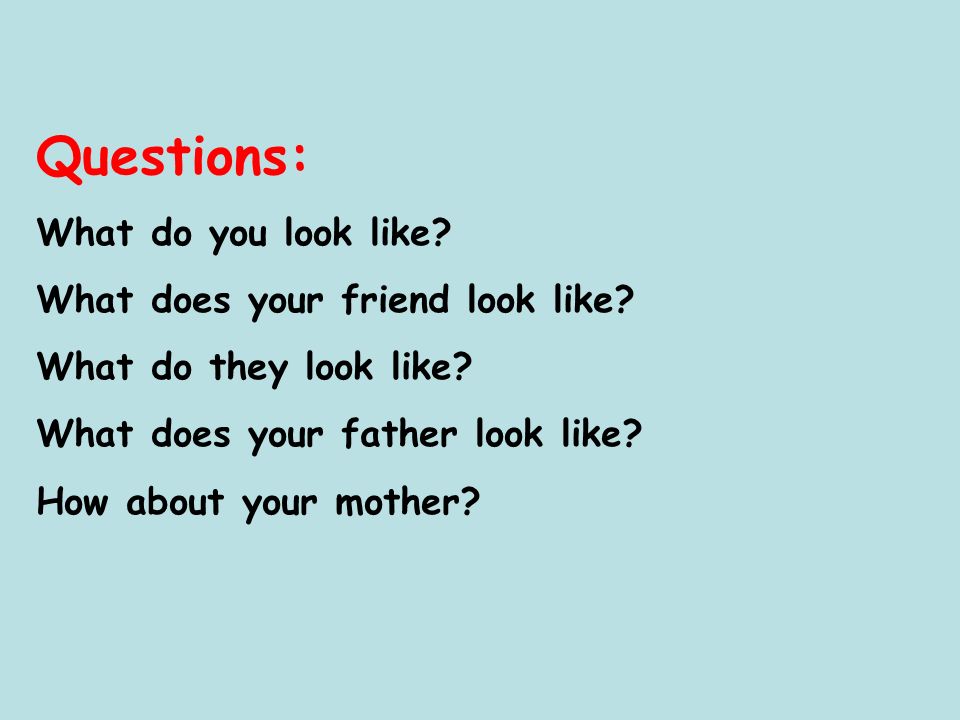 |
Will I have to pay anything for healthcare with my EHIC?
In some EU member states you may have to make some payment towards the cost
of the services you receive, just as people in that state do. You will not
receive a re-fund for this or for private healthcare.
How can I get a refund from the HSE if I paid for healthcare while
abroad?
You may be able to get a refund if you had to pay because you did not have
your EHIC card with you or the healthcare providers charged you by mistake.
Apply for a refund to your HSE Local Health Office. Bring any receipts you
have.
The HSE will send an E126 form to the health authorities in the other state
to find out:
- If you used a public health service
- How much of a refund is due
When the HSE receive the completed E126 form from the other state, the HSE
can see if a refund is due or not. Further information is available on the HSE website.
What if I don’t have my EHIC before I travel?
If you don’t have your European Health Insurance Card for any reason, you
can get a Temporary Replacement Certificate. This Certificate gives you the
same entitlement as the Card, but for a shorter period.
You can apply online for this Certificate, in-person or by post to your
Local Health Office. You can only receive a Temporary Replacement Certificate
for yourself.
Should I get private travel insurance too?
You should consider it. Your EHIC just covers medical costs. Travel
insurance can cover you for cancellation and lost or stolen luggage and extras
like winter sports cover.
How much does a European Health Insurance Card cost?
There is no fee for the European Health Insurance Card or for a Temporary
Replacement Certificate. Renewing a European Health Insurance Card is also
free.
How to apply
Before you travel, apply for an EHIC well in advance of your trip.
If you are living in Ireland
- If you are an Irish citizen, Irish pensioner or an EU citizen living in
Ireland you can apply for an EHIC: - In person at your local
health office - By post
- Online – if you have
a medical
card or drug payment scheme card and you live in Ireland
Your card will be posted out to you within approximately 10 working days.
Apply by post
There are two steps:
- Download
and complete the European Health Insurance Card application form
(pdf). - Send the completed form to your Local Health Office. If you can’t
download the form, you can get an application from your Local Health Office.
You should send your application well in advance of your trip.
How do I renew my card?
You must apply to renew your Card as they are not reissued automatically when
they expire. You will need your old EHIC number and your PPS number.
If you have changed address or your name, you will need to
contact your Local
Health Office. You should apply well in advance of the date you plan to
travel.
Apply to renew your European Health Insurance Card online.
- Select Renew Current Card at the top of the screen.
- Enter the 10-digit ID number on your expired Card. This number on the
front of the card at the bottom left. - Confirm the address to which the Card will be sent. It should confirm
that your application is successful and that a card is being sent out to
you.
If you are visiting Ireland and need
healthcare
If you have an EHIC and are visiting Ireland, you can:
- Receive necessary family doctor (GP) services
- Receive emergency dental treatment for the relief of pain and urgent
dental repairs
You can call the emergency services on 999 or 112 free of charge.
Go to the HSE
website for more information.
Page edited:
18 August 2021
Healthcare for UK nationals visiting the EU
Coronavirus (COVID-19) travel advice
See the latest health advice for UK travellers following the outbreak of coronavirus (COVID-19).
This information is about visiting the EU, Norway, Iceland, Liechtenstein and Switzerland. There’s different guidance for healthcare if you’re:
- visiting Spain
- visiting Ireland
- going to live, study or work in the EU
When you travel to an EU country or Switzerland you should have either:
- a UK Global Health Insurance Card (GHIC)
- a European Health Insurance Card (EHIC)
You should also have travel insurance with healthcare cover.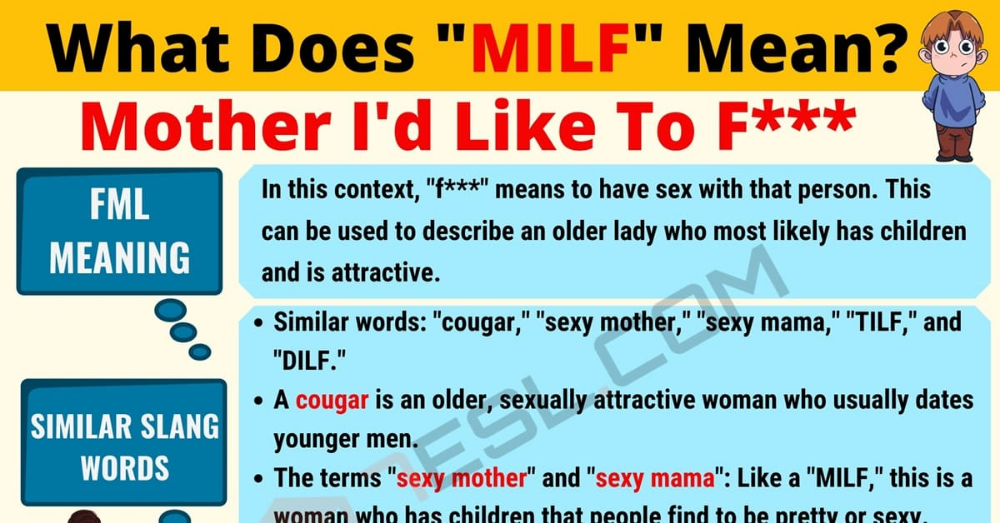
An EHIC or GHIC is not a replacement for travel insurance. Make sure you have both before you travel.
Each healthcare system is different, and in some countries you’ll need to pay to have treatment.
Apply for a
GHIC
A GHIC lets you get medically necessary state healthcare in Europe at a reduced cost or sometimes for free.
If your EHIC is still in date, you do not need to apply for a new GHIC.
They’re both valid if you’re travelling to an EU country or, if you’re eligible, in Switzerland.
Apply for a GHIC for free on the NHS website.
Visiting Switzerland
You can use your GHIC or EHIC in Switzerland to get state-provided, medically necessary healthcare at a reduced cost (or sometimes for free) if you are a:
- UK national
- Swiss national
- EU citizen
- refugee
- stateless person
- dependant or survivor of someone with one of these nationalities or statuses
You can only use your GHIC or EHIC in Switzerland if one of the above applies to you – even if you can use your GHIC or EHIC in the EU.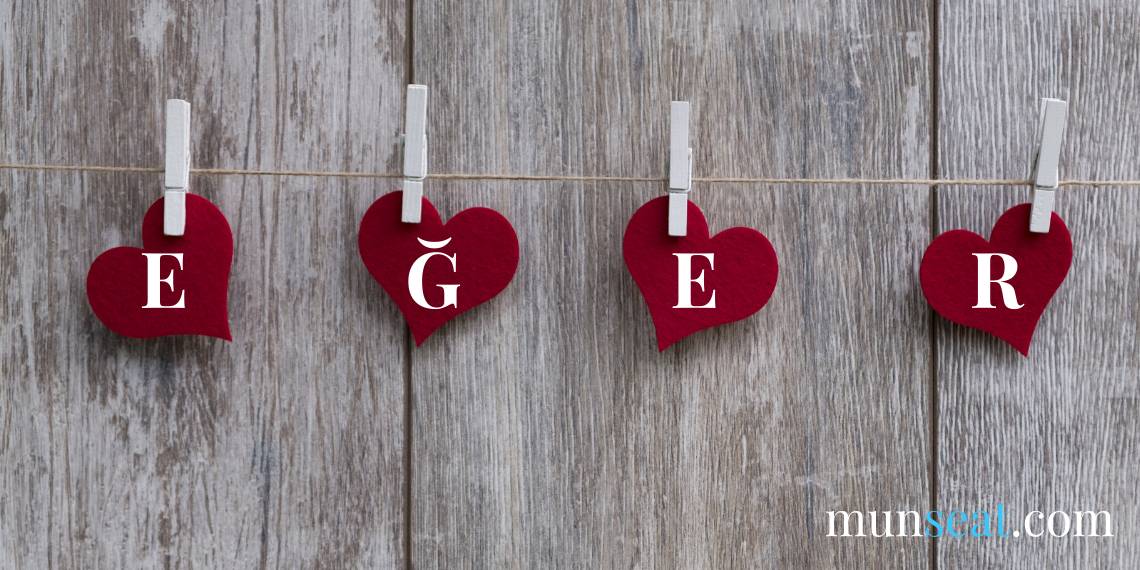
You may also be asked to show evidence of your nationality when accessing healthcare using a GHIC or EHIC in Switzerland.
Visiting Norway, Iceland and Liechtenstein
You can use a UK passport to get medically necessary healthcare in Norway.
GHICs and most UK EHICs are not valid in Norway, Iceland and Liechtenstein. Make sure you take out travel insurance with medical cover for your trip.
You may not have access to free emergency medical treatment and could be charged for your healthcare if you do not get health cover with your travel insurance.
Visits that started in 2020 and end in 2021
If you started your visit to Iceland or Liechtenstein before 1 January 2021, your UK EHIC entitlements will continue until you leave that country.
Who can use a UK-issued
EHIC
Some people can get a new UK-issued EHIC which is valid for visits to Norway, Iceland or Liechtenstein.
You’ll be able to apply if you’re:
- an EU, Norwegian, Icelandic, Liechtenstein or Swiss national, and started living in the UK before 1 January 2021
- receiving a UK State Pension or some other ‘exportable benefits’, and started living in the EU, Norway, Iceland, Liechtenstein or Switzerland before 1 January 2021
- a ‘frontier worker’ (someone who works in one state and lives in another), and started being one before 1 January 2021, for as long as you continue to be a frontier worker in the host state
- an eligible family member or dependant of one of the above
Apply now for your new UK EHIC on the NHS website.
UK students using an
EHIC
If you started living and studying in Norway, Iceland or Liechtenstein before 1 January 2021, you need to apply for a new UK-issued EHIC.
This entitles you to medically necessary state healthcare until the end of your course.
Using your
EHIC or GHIC
An EHIC or GHIC covers state healthcare, not private treatment.
With an EHIC or GHIC you can get emergency or necessary medical care for the same cost as a resident in the country you’re visiting. This means that you can get healthcare at a reduced cost or for free.
Find out what your card covers in each country. You can select the country you are planning to visit from the drop-down list.
An EHIC or GHIC is not a replacement for travel insurance – it does not cover everything, such as mountain rescue or being flown back to the UK (medical repatriation).
You’ll need to pay in full for treatment if you do not have an EHIC, GHIC or provisional replacement certificate (PRC).
The following European countries do not accept the EHIC or GHIC:
- the Channel Islands, including Guernsey, Alderney and Sark
- the Isle of Man
- Monaco
- San Marino
- the Vatican
If you do not have your
EHIC or GHIC with you
You’ll need to apply for a Provisional Replacement Certificate (PRC) if you need treatment and you do not have your EHIC or GHIC, or your card is lost or stolen abroad.
Call the Overseas Healthcare Services. This is part of the NHS Business Services Authority (BSA).
NHS Overseas Healthcare Services
Telephone: +44 (0)191 218 1999
Monday to Friday, 8am to 6pm
Travelling with a health condition
Buy travel insurance with healthcare cover for your condition. Your EHIC or GHIC will cover medically necessary treatment.
Read the Money and Pensions Advice Service guidance for buying travel insurance for people with pre-existing medical conditions.
If you need to have treatment while you’re abroad, you may need to pre-arrange it. For example, if you need dialysis or oxygen treatment. Speak to your doctor in the UK for advice before you travel.
You cannot take some products prescribed for health conditions with you into the EU. These include special food required for medical reasons containing meat or dairy.
UK prescriptions can be used in Ireland and Spain. You cannot use a UK prescription elsewhere in the EU.
Bringing medicine with you
Before you travel, make sure you either:
- take enough medication to last the duration of your trip
- can get any medicine you need in the country you’re going to
Check with the embassy, high commission or consulate for the country you’re visiting about local rules on any specific medicines.
You need a letter to prove your medicine is prescribed to you if it contains a ‘controlled drug’. You may need to show this at the border when you’re entering or leaving the UK.
You may also need a licence for controlled drugs if:
- your trip is longer than 3 months
- you’re travelling with more than 3 months’ supply
Read more about travelling with controlled medicines.
Read guidance from NaTHNaC on best practice when travelling with medicines.
Getting prescriptions
If you need to get prescribed medicine while you’re away, speak to a pharmacist in the country you’re visiting. You may need a prescription from a local doctor.
You may have to pay something towards the cost of your prescription.
If you have an EHIC or GHIC, you should pay the same as a citizen of the EU country you’re visiting, or a Swiss citizen if in Switzerland. Make sure your prescription is from a state-approved doctor in the EU and Switzerland.
Travelling to have planned treatment
You cannot use an EHIC or GHIC for planned treatment. For example, if you’re going abroad to give birth.
Read the NHS guide to going abroad for medical treatment.
Contents
EHIC – European Health Insurance Card
If you are an EU citizen or resident, a European Health Insurance Card (EHIC) allows you to receive state-provided healthcare in any of the other EU countries as well as in Iceland, Liechtenstein, Norway and Switzerland.
An EHIC holds you to the same standards as citizens of an EU country in terms of state-provided health insurance. Sometimes, this means you receive free healthcare.
After Brexit, the U.K. introduced its own version of the EHIC card, the Global Health Insurance Card (GHIC). This card functions similarly to its predecessor, allowing Brits access to state healthcare during visits to the EU.
Neither the EHIC nor the GHIC are a substitute for travel insurance and cannot be used for planned medical treatment in the EU.
How Does the EHIC Work?
If you have an EHIC, then when you travel to other EU countries, you will be eligible for the same healthcare benefits as citizens of that country.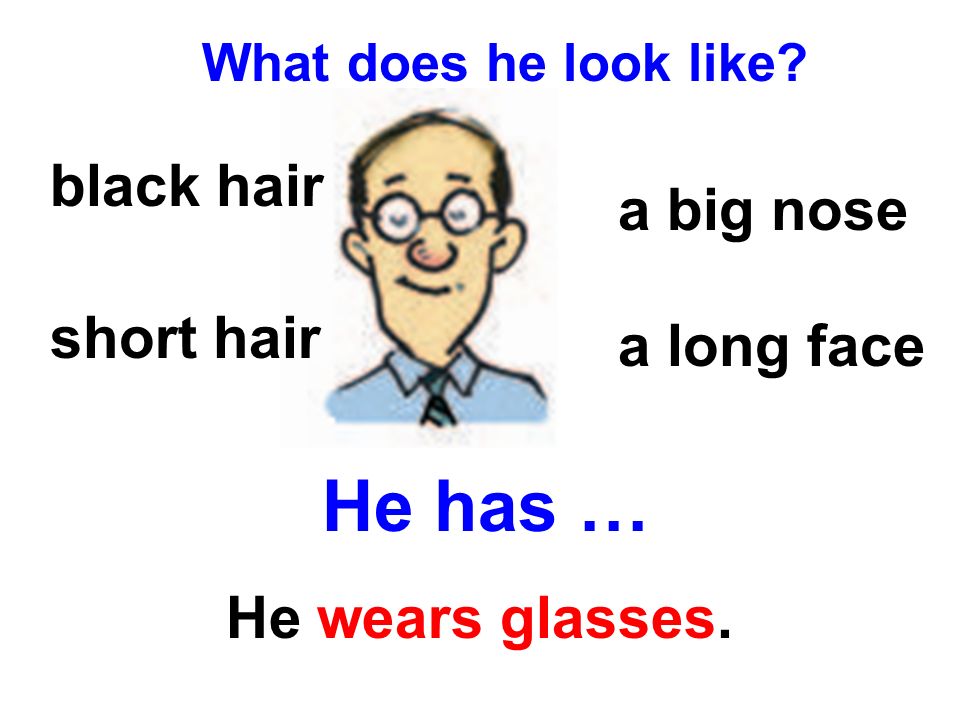
- If the citizens or legal residents of that country receive free healthcare, you will also be treated free of charge.
- If the citizens or legal residents of that country pay for a specific treatment, you must also pay in the same manner. The fees are usually very reduced, though.
In What Countries Can I Use the EHIC?
- If you are an EU citizen, you can use the European Health Insurance Card in all countries of the European Union, as well as in Switzerland, Iceland, Liechtenstein, and Norway.
- If you have a residence permit for an EU country (but are not a citizen), then you cannot use your EHIC in Denmark, Iceland, Liechtenstein, Norway and Switzerland.
- If you are a U.K. citizen, you can use your EHIC (while it is valid) or its successor GHIC only in EU countries, not in Denmark, Iceland, Liechtenstein, Norway and Switzerland.
Who Can Use the EHIC?
You can use the EHIC if:
- You are a citizen of an EU country, Iceland, Liechtenstein, Norway, or Switzerland, and you are registered with public health insurance.
- You are a legal resident of an EU State and you are registered with public healthcare. In this instance, you cannot use an EHIC if travelling to Denmark, Iceland, Liechtenstein, Norway and Switzerland.
- You are travelling for a short period of time, such as for tourism, family visit, etc.
Remember: Every family member must have their own EHIC – your dependents (spouse and children) cannot use your card.
How to Apply for an EHIC?
To apply for an EHIC, you have to contact the relevant healthcare authorities in your country of residence. Once you contact them and ask for the card, they are required to provide you with one because it is your right as a citizen/resident of the EU. If you cannot receive an EHIC at short notice, then you should be able to get a provisional card.
Depending on where you live, you can request the card online, by mail, or you will have to show up in person at the adequate offices.
Here are the authorities you have to reach out to when applying for an EHIC, by country:
Austria; Belgium; Bulgaria; Croatia; Cyprus; Czech Republic; Denmark; Estonia; Finland; France; Germany; Greece; Hungary; Iceland; Ireland; Italy; Latvia; Liechtenstein; Lithuania; Luxembourg; Malta; Netherlands; Norway; Poland; Portugal; Romania; Slovakia; Slovenia; Spain; Sweden; Switzerland
This information was obtained from the official website of the European Commission.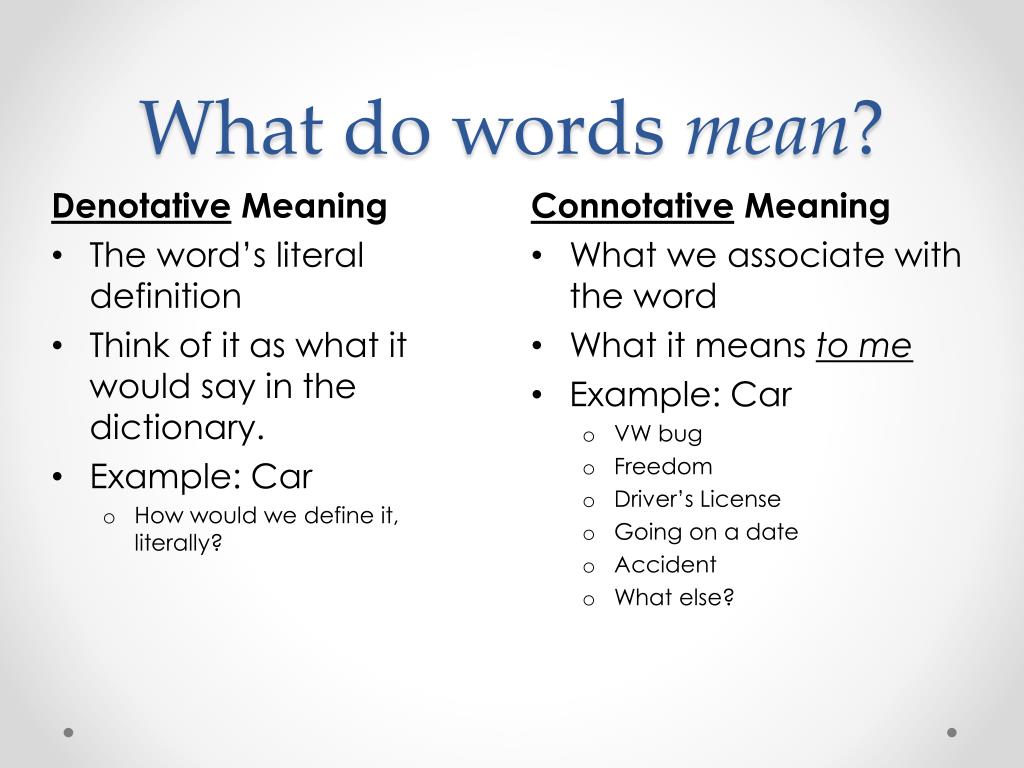
How Much Does the EHIC Cost?
The EHIC is issued free of charge by the relevant authorities in your country. There are websites that will help you along with the application process, but they will naturally charge you for their help. It is not necessary to apply through one of these sites, as they are private companies, and not associated with national health authorities.
What Does the EHIC Cover?
The EHIC covers all medically necessary treatment by public healthcare providers. This includes:
- Doctor’s visits. You should consult with a doctor that has a contract with the national health insurance fund in the country you are visiting. If you are not familiar with the health scheme, ask your hotel, travel guide, or locals for help in finding a doctor.
- You will usually need a referral from a doctor to be hospitalized unless it is an emergency. Some hospitals may charge a small fee for your stay in the first few days, others will not charge anything at all.
- Prescription medication. Most national health insurance funds will cover prescription medication, either fully or to a degree. Flu and cold medicine or over-the-counter painkillers are usually not covered.
- Dental care. In most cases, you are covered for basic and emergency dental treatment. More complex or expensive procedures, such as dentures or crowns are not always covered by national healthcare, and therefore not by an EHIC either.
- In most cases, ambulances are covered by the national healthcare fund, so if you need an ambulance while abroad, your EHIC should cover you.
Remember: These services are not necessarily free and may be subject to some fees, depending on the country. Sometimes, you have to pay at the time of treatment, then ask for reimbursement later on.
Does EHIC Cover Pre-Existing Conditions?
Yes, if you have a pre-existing medical condition, and you need treatment for it while you are abroad, the EHIC card will cover the costs.
Does EHIC Cover Pregnancy?
An EHIC will cover basic maternity care or unplanned birth during your visit to another European country, but it will not cover you if you travel abroad just so you can deliver your child there.
So, depending on the country you are in, you may pay a small fee or nothing at all for things like routine checkups and pregnancy-related medical emergencies, as long as you are treated in a public-funded hospital or clinic.
Does EHIC Cover Chemotherapy or Dialysis?
That will depend largely on the country you are visiting. If you are currently undergoing chemotherapy or are on dialysis, and you want to take a vacation somewhere in Europe, you will have to talk to your doctor or the healthcare authorities in your home country to see whether you can arrange to continue treatment in a different clinic for a short period of time.
What Does the EHIC
Not Cover?
The EHIC does not cover any of the following:
- Planned medical treatment. If you travel to another EU country specifically to receive medical treatment or consult with a particular doctor, you will have no coverage.
- Planned birth. Similarly, if you travel to another EU country with the intention to give birth there, the EHIC does not cover the resulting costs.
- Medical treatment in private healthcare institutions.
- Esthetic surgery.
- Repatriation or evacuation costs. For example, the cost of air ambulance if you need to be evacuated to your home country for medical treatment.
- Any costs resulting from trip interruption or cancellation.
- Any costs resulting from lost or damaged items during your travels.
How Do I Use the EHIC?
To use the EHIC, you must receive medical treatment from public hospitals or any doctors or clinics that are under contract with the national insurance fund.
The hospitals or clinics in which you can use an EHIC will be different from country to country, but as long as you seek treatment in public centres, you should be covered. The official website of the European Commission also lists how you can use an EHIC and how much coverage you have in each country, so it is worth exploring before you take a trip.
When Does an EHIC Expire?
The duration of your EHIC depends on the country that issued it and ranges from a few months up to ten years. However, in most cases, the EHIC is valid for about 1 to 5 years. You will know when it expires after you receive the card, as it is usually printed out on it.
Many countries, such as Austria and Bulgaria, offer EHICs with a longer duration for pensioners.
How to Renew an EHIC?
The process to renew your EHIC is pretty much the same as when you first apply, as you will have to contact the relevant health authorities in your country.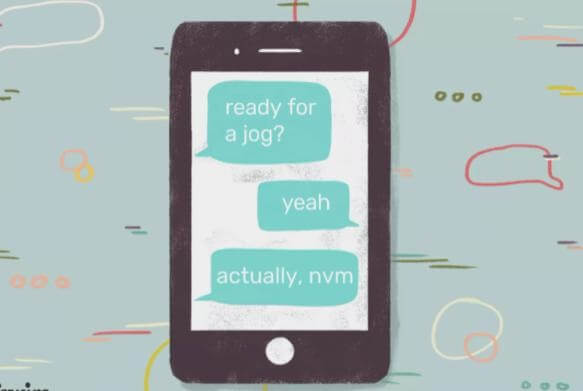
If your information has not changed since the last time you renewed your card, the process should be quicker and easier. If you moved, got married, or any other personal information changed, then you may have to update your details before renewal.
Can UK Citizens Still Use EHIC After Brexit?
If you still have a valid EHIC card issued by the U.K., you will be able to use it in the same manner as before, up until it expires – even after Brexit. Since the U.K. issued EHICs for about five years, your card might be valid for a little while longer, depending on when you last renewed it. Once it is about to expire, however, you will have to apply for a Global Health Insurance Card (GHIC).
The GHIC is the new British version of the EHIC and functions in much the same way. This means that you can use GHIC to get medical treatment in public hospitals and clinics in the EU.
However, as a British citizen, you can no longer use your EHIC or GHIC in Norway, Iceland, Liechtenstein, or Switzerland.
Who Can Apply for a GHIC?
You can apply for a GHIC if:
- You are a U.K. citizen.
- You are a legal resident of the U.K. such as an international student or work visa holder.
- You are registered with the NHS or another health insurance fund in the U.K.
- You are not registered with any health insurance fund in the EU, Switzerland, Iceland, Liechtenstein, or Norway.
- Your EHIC has already expired or is about to expire.
How to Apply for a GHIC?
You have to apply for a GHIC using the official NHS website. The application is online and free of charge. You have to register an account, and provide the following information:
- Your full name.
- Your address.
- Your date of birth.
- Your National Insurance or NHS number, if you are from England and Wales.
- Your Health and Care number, if you are from Northern Ireland.
- CHI number, if you are from Scotland.
International students in the U.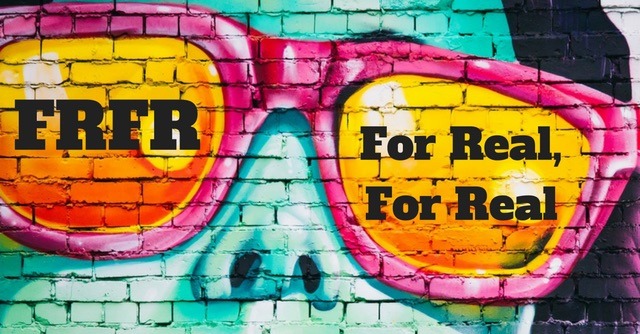
- The GHIC application form (downloadable from the NHS website)
- A letter from your university, stating:
- Your name.
- The address of the university/college.
- The details of your degree.
- The duration of your study course, with start and end dates.
Difference Between EHIC/GHIC and Travel Insurance
Although they are both used for health insurance, an EHIC or GHIC and travel insurance are not the same thing and cannot be used interchangeably. For one, an EHIC only covers medical treatment by public healthcare providers, so if you need to be admitted to a private hospital, you would have to shoulder the entire cost yourself. Travel health insurance, on the other hand, covers medical treatment in both public and private hospitals as well as additional trip-related losses.
See the main differences illustrated below:
| EHIC/GHIC | Travel Health Insurance | |
| Coverage for medical or dental emergencies? | Yes | Yes |
| Coverage for prescription medication? | Yes | Yes |
| Coverage for pre-existing medical conditions? | Yes | Rarely |
| Coverage for treatment in private hospitals? | No | Yes |
| Coverage for emergency evacuation? | No | Yes |
| Repatriation coverage? | No | Yes |
| Trip interruption or cancellation coverage? | No | Yes |
| Coverage for loss, theft, or damage of personal belongings? | No | Yes |
Related information
- UK Citizens Travelling to the EU, Switzerland, Norway, Iceland or Liechtenstein
- Schengen Travel Insurance Requirements
- Travel Insurance Guide for Spain
- Travel Insurance Guide for France
- Travel Insurance Guide for Germany
- Travel Insurance Guide for the Netherlands
- Europe Travel Insurance from the UK
Did you find this page helpful?
Yes No
Applying for healthcare cover abroad (GHIC and EHIC)
There are 2 types of cover available.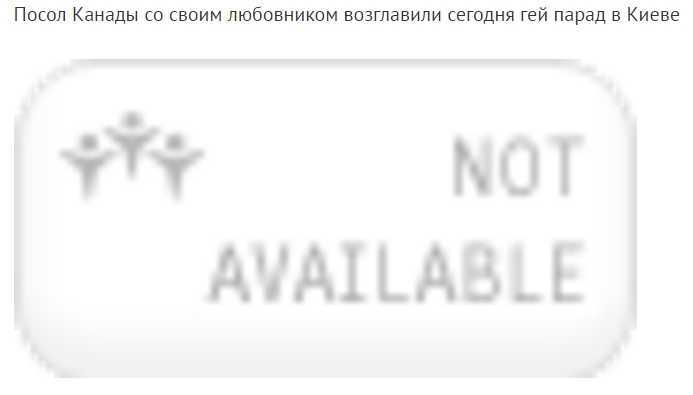
You can apply for either:
- a UK Global Health Insurance Card (UK GHIC)
- a UK European Health Insurance Card (UK EHIC), if you have rights under the Withdrawal Agreement
Find out more about the Withdrawal Agreement on GOV.UK
For most people, the UK Global Health Insurance Card (UK GHIC) replaces the existing European Health Insurance Card (EHIC) for new applications.
A UK GHIC and new UK EHIC are free of charge. Beware of unofficial websites, they may charge you a fee to apply.
Before going abroad, make sure you check the latest COVID-19 travel guidance on GOV.UK.
Important:
Important
There is no deadline to apply for a GHIC or EHIC. If you have an existing EHIC, you can continue to use it until it expires.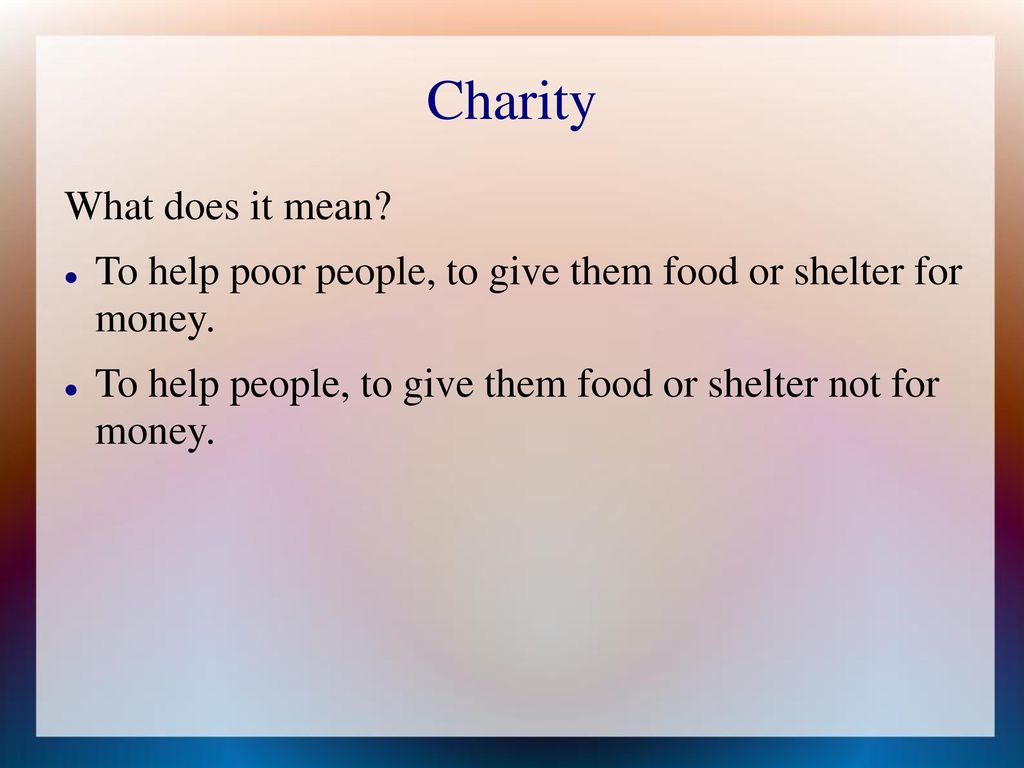
If you have an existing EHIC
If you have an existing EHIC, it will remain valid until the expiry date on the card.
You can apply for a new card up to 6 months before your current card expires.
Information:
It’s currently taking longer than usual to process new UK EHIC and GHIC applications due to high demand. We’re working to resolve this and will process all applications as soon as possible.
If you need emergency treatment while you’re visiting another country and haven’t received your card, you can apply for a Provisional Replacement Certificate (PRC).
How to use your card
You can use your card to access medically necessary state-provided healthcare when you’re visiting an EU country or Switzerland.
Medically necessary healthcare means healthcare that cannot reasonably wait until you come back to the UK.
Medically necessary healthcare includes things like:
- emergency treatment and visits to A&E
- treatment for a long-term or pre-existing medical condition
- routine medical care for pre-existing conditions that need monitoring
- routine maternity care, as long as you’re not going abroad to give birth
- oxygen therapy and kidney dialysis
You’ll need to pre-arrange some treatments with the relevant healthcare provider in the country you’re visiting – for example, kidney dialysis or chemotherapy.
Check the Foreign Office country guides on GOV.UK for information on how to access treatment in the country you’re visiting
Not all state healthcare is free within the EU and Switzerland and so you may have to pay for services that you would get for free on the NHS.
Information:
Your EHIC or GHIC is not a substitute for travel insurance. It may not cover all health costs and never covers repatriation costs. Make sure you have travel insurance as well as your card.
If you’re abroad and do not have your card with you
You can get a Provisional Replacement Certificate (PRC) to prove your entitlement to medically necessary healthcare if you travel to Europe without your existing EHIC, UK GHIC or new UK EHIC and need treatment during your visit.
If you need a PRC outside opening hours, you should call as soon as possible the next working day.
The PRC will give you the same cover as an existing EHIC, UK GHIC or new UK EHIC until you return home.
When calling for a PRC, you’ll need to give:
- your National Insurance number
- your name
- your address
- your date of birth
- the name of the treatment facility
- the email address for the specific department of the organisation providing your treatment
To apply for a PRC contact NHS Overseas Healthcare Services.
Someone else can apply for a PRC on your behalf.
Where you can use your card
You can use a UK GHIC or existing EHIC while visiting:
- an EU country
- Switzerland (only UK nationals, Swiss nationals and EU citizens)
A UK GHIC may become valid in more countries in the future. Check this page before you travel.
You can only use a UK GHIC in Switzerland if you’re a UK national, a Swiss national, a citizen of an EU Member State, a refugee, a stateless person, or a family member, dependant or survivor of someone who holds one of these nationalities or statuses.
You may be asked for proof of your nationality or your status when using your UK GHIC in Switzerland.
You can use a new UK EHIC (identifiable by a Union flag hologram in the top-right corner) while visiting:
- an EU country
- Norway
- Iceland
- Liechtenstein
- Switzerland
The EU countries are:
Austria, Belgium, Bulgaria, Croatia, Republic of Cyprus, Czech Republic, Denmark, Estonia, Finland, France, Germany, Greece, Hungary, Ireland, Italy, Latvia, Lithuania, Luxembourg, Malta, Netherlands, Poland, Portugal, Romania, Slovakia, Slovenia, Spain and Sweden.
Who can apply for a UK GHIC
You may be eligible for a UK GHIC if you meet 1 of the following criteria:
- you’re legally living in the UK and you do not have healthcare cover provided by an EU country or Switzerland
- you’re living in the EU or Switzerland with a registered S1, E121, E106 or E109 form issued by the UK
- you’re living in the EU or Switzerland with an A1 document which is issued by the UK
- you’re a family member or dependant of an entitled individual already listed
Who can apply for a new UK EHIC under the Withdrawal Agreement
You may be eligible for a new UK EHIC if you meet 1 of the following criteria:
- you’re living in the EU, Switzerland, Norway, Iceland, or Liechtenstein, and have been since before 1 January 2021 with a registered S1, E121, E106 or E109 form issued by the UK
- you’re living in the EU, Switzerland, Norway, Iceland, or Liechtenstein, since before 1 January 2021 with an A1 issued by the UK
- you’re a national of the EU, Switzerland, Norway, Iceland, or Liechtenstein who has legally resided in the UK since before 1 January 2021 and are covered under the Withdrawal Agreement; you may not be covered if you‘re also a UK national or if you were born in the UK
- you’re a family member or dependant of an entitled individual already listed.
- you’re a Chen or Ibrahim/Teixeira carer
Dual nationals
If you live in the UK and jointly hold UK and EU, Swiss, Norwegian, Icelandic or Liechtenstein citizenship, you will not normally be eligible for a new UK EHIC unless you:
- hold British citizenship through naturalisation
- were a citizen of an EU country, Switzerland, Norway, Iceland, or Liechtenstein before also becoming a British citizen
You’ll usually be eligible for a UK GHIC.
People born in the UK
If you were born in the UK to British parents or parents who were settled in the UK and have lived in the UK from before 1 January 2021, you’re not normally eligible for a new UK EHIC even if you’re an EU, Swiss, Norwegian, Icelandic or Liechtenstein citizen.
This includes people of Northern Ireland who are Irish citizens.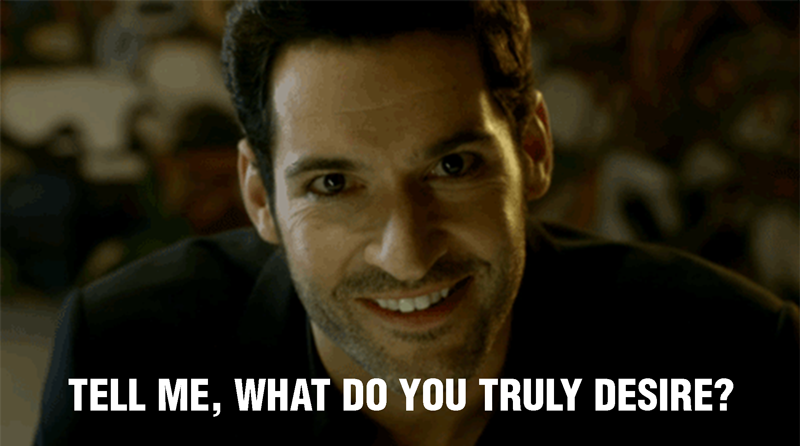
You’ll usually be eligible for a UK GHIC.
Information for people who live in Ireland
You may be able to get a new UK EHIC if you are:
- a UK State Pensioner or are receiving some other exportable benefits and you’ve been living in the Republic of Ireland since before 1 January 2021
- a frontier worker, this means you’re working in one country while living in another, and have been since before 1 January 2021
If you live in Ireland and think you’re eligible for a UK EHIC you cannot currently apply online and need to contact NHS Overseas Healthcare Services.
Applying for family members
Every family member needs their own card. You can add a spouse, civil partner, durable partner and children to your application when you apply. You must enter your own details first and apply for any additional cards when prompted.
If you’ve already completed your application and wish to add additional family members you’ll need to contact NHS Overseas Healthcare Services. You should provide us with your reference number, name, date of birth and address so we can access your record.
Students studying in the EU, Norway, Iceland, Liechtenstein, or Switzerland
If you normally live in the UK and have been studying in the EU, Norway, Iceland, Liechtenstein or Switzerland since before 1 January 2021, you may be eligible for a new UK Student EHIC for use in the EU and your country of study.
You will not be able to use this card for treatment in Norway, Iceland or Liechtenstein unless one of these countries is your country of study.
If you started your course after 1 January 2021, or you’re planning to study in an EU country, you’ll need to apply for a Student GHIC.
You can use the Student GHIC in the EU, Switzerland and your country of study, but not yet in Norway, Iceland or Liechtenstein.
To apply you’ll need a letter from your university or college showing:
- the name and address of the UK educational institution if you’re travelling as part of your course
- the address of where you’re studying in the EU or Switzerland
- details of the qualification you’re studying for
- the dates your study period in the EU, Norway, Iceland, Liechtenstein, or Switzerland started and is due to finish
- your permanent residential address in the UK
If the letter from your university or college does not include your permanent residential address in the UK, you will be asked to provide further evidence to confirm this.
Who cannot apply using this online service
Most people can apply using our online service.
You should contact NHS Overseas Healthcare Services if you fall into one of the following groups as you will not be able to use the online service to apply.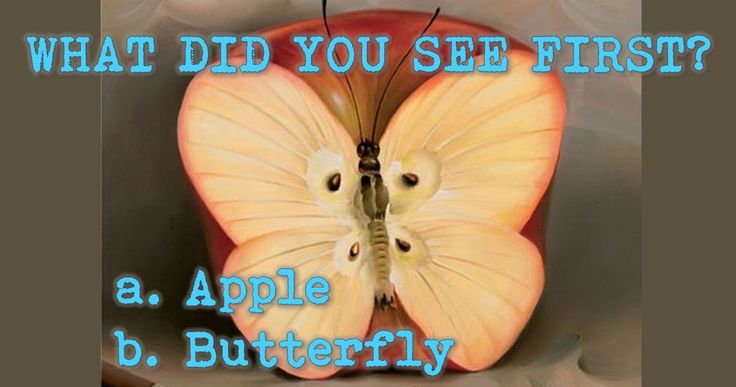
If you’re an EU or Swiss national student
If you’re an EU or Swiss national ordinarily resident in the UK, but studying in the EU, Switzerland, Norway, Iceland, or Liechtenstein you may be entitled to a new UK EHIC or UK GHIC.
If you hold a UK-issued A1
If you work in the EU, Switzerland, Norway, Iceland, or Liechtenstein and have a UK-issued A1 document you may be entitled to a new UK EHIC or UK GHIC.
If you’re an au pair or nanny
If you’re a UK or Irish national who usually lives in the UK permanently and you’re going to work as an au pair or nanny in an EU country or Switzerland, you can apply for a UK GHIC.
Chen and Ibrahim/Teixeira carers
If you’re an adult carer of a child who is from the EU, Norway, Iceland, Liechtenstein or Switzerland, but you’re not from any of these countries or from the UK or Ireland, you may be eligible to apply for a new UK EHIC for yourself and for any other children you have who are not nationals of these countries.
You cannot apply if your right to reside in the UK is derived from your caring for a British citizen (Zambrano carer).
Dependent grandparents and grandchildren
You can add a grandchild to your new UK EHIC application if they’re a non-UK national, are a national of the EU, Switzerland, Norway, Iceland, or Liechtenstein and are one of the following:
- under 18, living in the UK and were born before 1 Jan 2021
- older than 18 but born on or after 1 January 2000, and arrived in the UK after 31 December 2020
- older than 18, born before 1 January 2000, arrived in the UK after 31 December 2020, and are dependent on you
You can add a parent or grandparent to your new UK EHIC application if they’re dependent on you or your partner. Their relationship with you must have begun before 1 Jan 2021, they must live with you and also:
- be a non-UK national,
- be a national of the EU, Switzerland, Norway, Iceland, or Liechtenstein
- they must have arrived in the UK after 31 December 2020
If they’re a national of any other country, they can be added if they have settled or pre-settled status under the European Union Settlement Scheme (EUSS).
Claiming a refund
Depending on the country you visit you may be expected to pay all or part of your bill upfront and then claim a refund afterwards.
Some countries ask patients to pay a contribution towards the cost of their care, such as for prescription costs. This is known as a co-payment or patient share.
You can claim back the difference between the total bill and the co-payment, but the actual co-payment is not refundable.
Keep all receipts and any paperwork. You or your insurance company may need them if you’re applying for a refund.
What to do if you believe your existing EHIC, UK GHIC or new UK EHIC has been wrongly rejected
If you believe that your UK GHIC, new UK EHIC or existing EHIC has been wrongly rejected by a hospital or other healthcare provider in the country you’re visiting, you should try and resolve the issue with them.
Explain that the card entitles the holder to necessary healthcare. It may be useful to direct them to the European Commission’s EHIC webpage, which provides images of all valid UK-issued EHICs and the UK GHIC.
If you need more help, contact NHS Overseas Healthcare Services. They can give you advice on what to do.
What to do if you think you’ve been incorrectly charged for medical treatment by an EU Member State or Switzerland
It’s important that you keep documents relating to your treatment. The Overseas Healthcare Services at the NHSBSA may ask you for more information to check your eligibility and the cost of the treatment you had. This could include:
- receipts or invoices relating to treatment
- confirmation of payments made to healthcare institutions
- documents relating to insurance cover if your insurer paid for treatment
- discharge documents
They’ll look at your claim to decide whether you were charged when you should have been covered.
You can contact NHS Overseas Healthcare Services.
Page last reviewed: 29 June 2021
Next review due: 29 June 2024
European Health Insurance Card – Former E111 Form
For the latest in-depth analysis, subscribe to our news service at France Insider.
- Introduction
- Health Cover for Self-Employed
- Health Cover for Cross Border Workers
- Health Cover for Retired Persons
- Health Cover for Early Retirees
- European Health Insurance Card (EHIC)/Global Health Insurance Card
- Travelling Abroad from France
2.6.1. Applying for European Health Insurance Card (EHIC/GHIC)
Visitors to France from the European Economic Area (EEA) and Switzerland are entitled to receive reduced cost, or sometimes free, unplanned health treatment through reciprocal agreements that have been entered into between these countries.
To gain access to treatment those visiting France as tourists are required to hold a European Health Insurance Card (EHIC).
Every member of the family who is travelling will need their own card.
In the case of those from the UK, since January 2021 the card has been replaced by a free Global Health Insurance Card (GHIC) which can be obtained on application on-line at UK Global Health Insurance Card.
(This page is in the process of being updated for UK nationals).
As well as travellers, the category of persons entitled to an EHIC/GHIC also includes those who are employed or take self-employment in France for up to a year, provided the HMRC (for UK residents) has agreed that you will continue to be liable for national insurance contributions during the period you are in France. Your dependants would also be covered. By agreement with the French and UK authorities it is possible to continue use of an EHIC/GHIC for a second year.
Students and au pairs and nannies are also entitled to an EHIC/GHIC, but the latter only for a maximum of a year.
The EHIC card cannot be used if you have relocated permanently to France. However, an administrative decision of the European authorities dating from 2009 states that:
‘In accordance with Article 76 of Regulation (EC) No 883/2004, Members States should cooperate to put in place procedures to avoid that, in the event that a person ceases to be entitled to sickness benefits in kind on behalf of a Member State and becomes entitled to benefits in kind on behalf of another Member State, he/she continues to use the European Health Insurance Card issued by the institution of the first Member State beyond the date from which he is no longer entitled to benefits in kind on its behalf.’
To obtain a UK EHIC/GHIC you make an On-Line Application. You will need your national insurance number.
You can also obtain an application form through the post office in the UK.
The NHS also has an EHIC application service on 0300 3301350, or you can email [email protected] which also deals with lost or stolen cards. The telephone number from abroad for lost or stolen cards is 0044 191 218 1999.
Last but not least, the administration team in the NHS for the EHIC card also have a Facebook page.
There is no charge for the card, so do not be fooled by some websites into paying for it.
2.6.2. What Does it Cover?
The EHIC/GHIC is not a passport to unlimited health care in France. The entitlement is to such health care as is ‘necessary’, on the assumption that you will be expected to receive continuing treatment when you return home.
To quote from the UK National Health Service guidance on use of the EHIC:
‘Presenting the EHIC entitles you to treatment that may become necessary during your trip, but doesn’t allow you to go abroad specifically to receive medical care. However, maternity care, renal dialysis and managing the symptoms of pre-existing or chronic conditions that arise while abroad are all covered by the EHIC.
The definition of ‘necessary health care’ is similarly defined in European case law as ‘benefits granted with a view to preventing an insured person from being forced to return home to their home member state and enabling them to continue their temporary stay in another member state under safe medical conditions.’
It will not cover the costs of private healthcare, or services that are not part of the French State healthcare system, or the costs of being brought back to the UK.
2.6.3. Reimbursement Levels
Strictly speaking, health care in France is not free at the point of delivery in the same way as it is in the UK. You need to pay for your treatment, and later obtain reimbursement.
The EHIC/GHIC entitles you to reimbursement of health care on the same terms as residents of France.
Accordingly, if you need non-hospitalised medical treatment whilst you are in France as a visitor, you will normally need to pay for the treatment at the point of delivery, including prescriptions.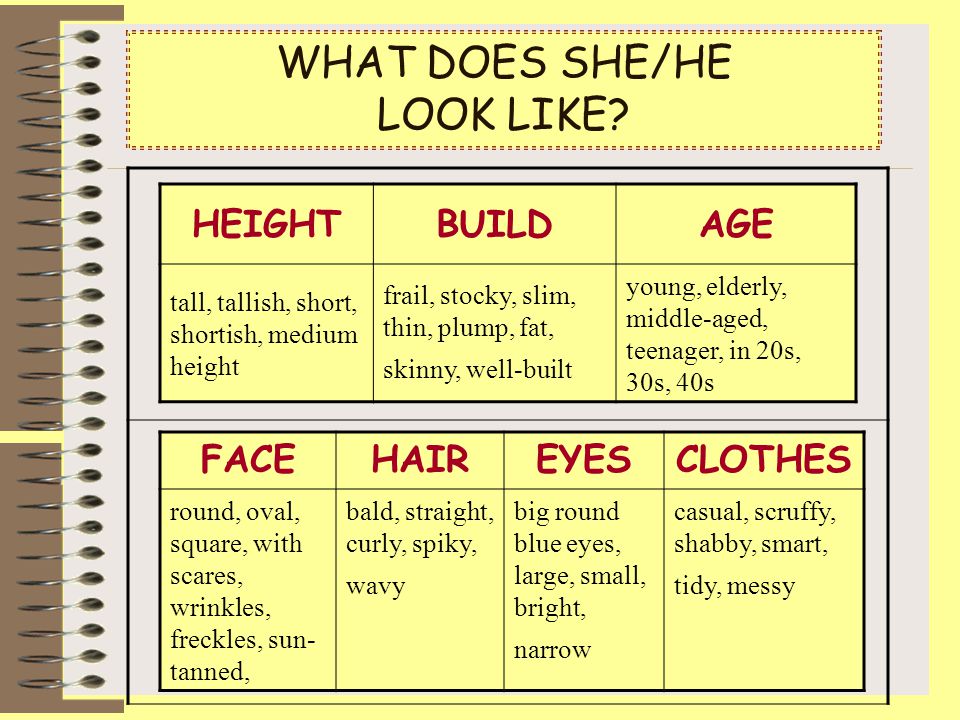
You will be given a receipt (called a feuille de soins), for medical consultations, treatment and prescriptions, which you can later use to obtain a refund. Make sure you get this receipt or you will not get reimbursement.
For routine medical treatment you will be entitled to reimbursement of around 70% of the costs. Prescriptions are often reimbursed at a lower level, as are laboratory tests.
If you are admitted to hospital as in-patient the process and levels of reimbursement are a little different. Around 80% of your costs will be picked up directly through the social security system, although in the most serious cases (eg cancer, heart condition, hospitalisation 30+ days) you will get 100% reimbursement. That means that for most treatments you will be expected to pay the residual 20% of costs, in the same manner as if you were resident in France.
However, it is not infrequently the case that there will be services you receive not covered by the 80% rate of reimbursement, such as a charge for a private room, television, or excess charges imposed by consultants.
As these residual and extra costs may be significant you need to consider taking out travel insurance to cover them. Holding an EHIC/GHIC will substantially reduce the costs of such insurance.
The level of reimbursement of dental care in France is also low, so if you need expensive emergency dental care, expect to have to pay most of it out of your own pocket, unless you have travel insurance that will cover it.
2.6.4. Reimbursement Procedures
You need to apply for reimbursement of your costs to the local office of the Caisse Primaire d’Assurance-Maladie (CPAM). You can do so by visiting them direct, or sending them the paperwork.
The contact details of your local CPAM should be in the French yellow pages, the pages jaunes, or ask at the local mairie.
You will need to send them the feuille de soins, a copy of your EHIC, including details of your home address, and your bank details (IBAN AND BIC) where reimbursement will be paid. You will need to sign and date the feuille de soins, failing which you will not obtain reimbursement.
Not all the costs will be refunded, and the precise amount will depend on the circumstances. In this respect, as we stated, you will be treated in the same manner as any other resident of the country.
If you are not able to apply for reimbursement whilst you are in France, you can do so when you are back in the UK from the NHS Overseas Healthcare Office in Newcastle (0191 218 1999).
For hospital treatment you would be well advised to obtain an attestation from the hospital which provides confirmation of the treatment you have received and the costs paid.
To be able to get a fuller picture of the levels of reimbursement that apply in France you need to read our subsequent pages on the operation of the health service in France, as the picture is a complicated one.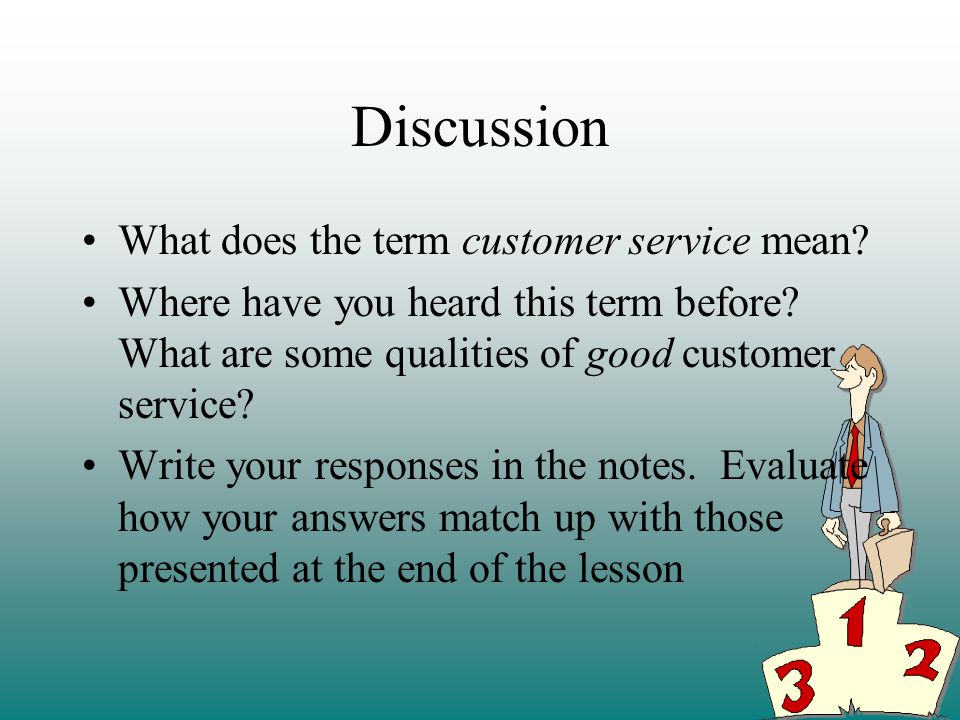
2.6.5. Non-EEA Visitors to France
If you are visiting from outside the EEA then you need to establish whether any reciprocal agreement exists between your home country and France. If necessary, you will need to take out private health insurance for the visit.
As we have indicated above, residents from the UK are entitled to a Global Health Insurance Card (GHIC) which can be obtained on application via UK Global Health Insurance Card.
Next: French European Health Insurance Card
Back: Early Retirees
Get a
Quote for Health Insurance
The Guides to France are published for general information only.
Please visit our Disclaimer for full details.
European Health Insurance Card Information
In this article
Many of the developed countries in Europe have a very high level of collaboration in many terms. From the abolition of border checks to the creation of a common work market, these countries have shown the will to facilitate moving from one country to the other, for their residents.
Yet, traveling, even in short distances, keeps many people under apprehension. The idea of something unpleasant, as a sudden accident or health complication, stops many from taking a trip.
Breaking a limb, getting flu or a cold, involving in a traffic accident… everything can happen during a trip, as it would happen if you were at home. Besides, the thought of having to take the trip back home, only to receive medical care, is quite scary. It is even scarier to think of paying tons of money, if you ever find yourself in such a situation.
The member states of EU / EEA / EFTA have thought about such an issue, and created two ways to make it easier for their residents when traveling within this region. These ways are:
- Schengen Medical Travel Insurance, and
- European Health Insurance Card
What is the European Health Insurance Card?
The European Health Insurance Card is a document for people on a temporary stay in any of the following countries, who are also nationals of any of them:
| Austria | Germany | Malta |
| Belgium | Greece | Netherlands |
| Bulgaria | Hungary | Norway |
| Croatia | Iceland | Poland |
| Cyprus (Southern) | Republic of Ireland | Portugal (including Madeira) |
| Czech Republic | Italy | Romania |
| Denmark (including the Faroe Islands and Greenland) | Latvia | Slovakia |
| Estonia | Liechtenstein | Slovenia |
| Finland | Lithuania | Spain (including the Balearic Islands and Canary Islands) |
| France (including Martinique and Guadeloupe) | Luxembourg | Sweden |
| Switzerland |
This document entitles its holder to receive necessary state-provided medical care, in any of the above-mentioned countries, just as the residents of that country.
Obtaining a European Health Card, shortly referred to as EHIC, is free. It enables you to receive medical care in one of these countries, in case of medical emergencies during the trip. In addition, you will also be able to get the proper medical care for a pre-existing condition that flares up while you are abroad, or that requires monitoring and attention, i.e. Diabetes.
You will have to obtain such a card at your home country. If you are traveling with your family, each family member, even children, should possess their own card. Each country has a specific EHIC application process.
The EHIC card replaces the old E111 card, which ceased to exist in 2005. If you still have an E111, and you are planning to travel to any of the EEA countries or Switzerland, then you ought to know you can no longer use it for medical treatment. Instead, you will have to get an EU Health Card.
What an EHIC is not?
Many people confuse the EHIC for things that it is not.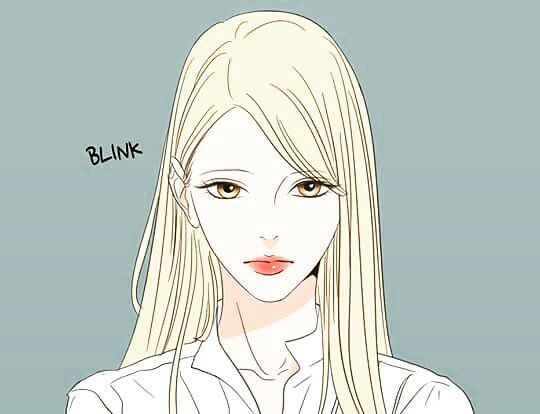
- An alternative to travel insurance. You are still strongly advised to obtain travel health insurance when traveling from one of these countries to the other.
- A guarantee for free medical services. This card entitles you to public health services, but that does not mean all of those services are necessarily free. Some of them may be free, while for others you will have to pay.
The European Health Insurance Card does not cover:
- If you travel exclusively for healthcare treatment.
- Private healthcare.
- Repatriation.
- Crime & lost items.
What services does an EHIC cover?
Even though, you will be able to receive all emergency medical services in any of these countries, if you have to pay and how much, depends on the specific country you are in. In simple words, if the nationals of that country pay for that service, you will need to pay too.
Following, find the services you can get with an EU health card, and costs you may have to pay for them:
- Doctors. Depending on the country where you are, you may consult with a doctor free of charge, or for a low fee. Usually, doctors with whom you can consult for free, have a contract with the national health insurance fund or an equivalent institution.
- Dentists. Only emergency dental cases will be treated with an EHIC. You will be able to receive dental treatment for free or lower fees from a dentist that is registered with the state healthcare system.
- Hospital treatment. In some of the countries, you will be able to receive hospital treatment free of charge at university and regional hospitals under the public healthcare system. In others, you will have to pay a per-day fee, or a percentage of costs (i.e. 10%). In the cases when hospitals are free, you will have to present a doctor prescription.
- Prescriptions.
Depending on the type of medicines prescribed to you and the country in which you are, you will be able to get the medicines free of charge, for a lower fee, or pay them in their full price.
- Ambulance. Usually, an emergency ambulance transportation if provided free of charge. However, in some countries you will need to pay a small fee, or a per kilometer percentage.
Who needs a European Health Insurance Card?
Every citizen of EEA states and Switzerland planning to travel to any of these countries should obtain a Health Insurance Card. You are highly advised to apply for an EHIC card if you are traveling for the following purposes:
- To go on a holiday
- To seek work
- To undertake a study course
- If you are a regular visitor of this area (businessperson, driver etc.)
Keep in mind, that if you are traveling from your home country to another country within this area, to exclusively, seek health treatment for your condition, you will not be able to use this card.
In order to be eligible to obtain the EHIC card, you must be covered by a state social security system in any of the EEA members or Switzerland.
As per non-EU nationals residing in the EU, they will not be able to obtain or use their cards only in the following countries:
- Denmark
- Iceland
- Liechtenstein
- Norway
- Switzerland
These individuals will also need to be covered by a state social security scheme, in order to be eligible.
How to apply for an EHIC?
The application process for a European Health Card depends on the issuing country. In most countries, you will be able to apply online. In others, you may have to submit your EHIC application by post.
In order to obtain your EHIC and learn more about the application process, you need to contact the health insurance institution where you are insured. They will inform you on further procedures you may have to undertake.
European Health Insurance Card Validity
The validity of a European Health Insurance Card also differs from one country to another.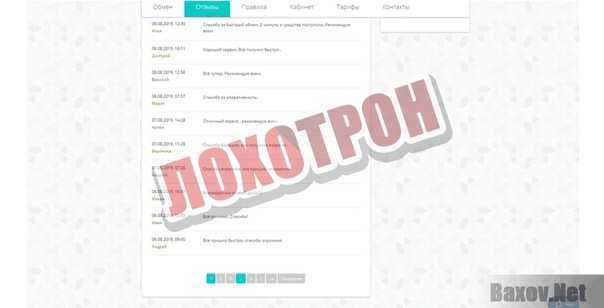
On the other hand, in Finland, the card is valid for a maximum of two years. While in Ireland, a card is valid for four years. It is best for you to contact the health insurance institution for more information in this regard.
EHIC is valid in all EU and EEA countries, except the following:
- Andorra
- Isle of Man
- San Marino
- Monaco
- Channel Islands
- Vatican
European Health Insurance Card Renewal
You will be able to renew your European Health Card prior to its expiration, if you wish to. Once again, the EHIC renewal process depends on your country of residence and the way they have regulated EHIC renewal.
I.e. in the UK, you will be able to renew your EHIC card online, if your details have not changed. The renewal is free, as well.
How does an EHIC card look like?
An EHIC card is easily recognizable. All cards, no matter which country issued them, have the same front. The only difference is that the language differs, according to the issuing country. The front of the card is purple, and contains the following information:
- name
- given name
- date of birth
- personal identification
- identification number of the institution
- identification number of the card
- and the expiry date of the card
However, the back of the card differs from one country to another.
In case of Card Loss
In case you lose your card, you will have to apply for a new one. In addition to giving the personal details, as you do when you apply for the first time for an EHIC card, you will also need to explain how you lost it.
Retrieving your card now is very easy due to the European Health Insurance Card app, which enables you to keep your details safe.
EHIC App
The app is available in both, Android and iOS operating systems. The app is a guide on how to use the card and the covered treatments. It also explains to the cardholder what to do in case of card loss.
It is free to download and available in the following languages: German, English, Bulgarian, Spanish, Danish, Slovak, Slovenian, Estonian, Finnish, French, Greek, Dutch, Hungarian, Icelandic, Italian, Latvian, Lithuanian, Maltese, Norwegian, Polish, Portuguese, Romanian, Swedish and Czech.
Frequently Asked Questions
Can I use EHIC instead of Travel Insurance?
The EHIC is not an alternative to Travel Insurance. You will still need to have travel insurance even if you have an EHIC. The EU health card does not provide the same level of coverage as travel insurance. It does not cover private healthcare, repatriation in case of death, lost or stolen luggage etc.
How long does it take to get an EHIC card?
It takes 10 to 15 days to obtain an EHIC. The amount of days differs from one country to another.
How should I use the card?
If you need medical treatment while in one of the EEA countries or Switzerland, to which you are not a resident, you should go at a public hospital or clinic and present your card.
Can I use private healthcare with EHIC?
No, you cannot. The card can be used only in public healthcare system.
Can I use my card anywhere else aside of EEA countries and Switzerland?
You will be able to use your card in the following countries, aside of the EEA countries and Switzerland:
- Bosnia-Herzegovina
- North Macedonia
- Montenegro
- Serbia
Keep in mind that despite the fact that the EEA countries and Switzerland can use their cards for medical treatment in these countries, if you are a national of any of the four, you are not eligible for an EHIC.
How much should I pay for a European Health Card?
The EU health insurance card is free. However, there are operators online, who claim they provide applicants with the card, for a certain amount of money. Do not fall for these websites, since you can directly apply yourself, without having to pay anything.
Should I apply for a new Card each time I go abroad?
No, you do not need to do so. Every country issues a card with a validity period. No matter how many times your travel throughout these 31 countries, you will be able to access public healthcare systems, as long as your card is valid.
How do I receive the card?
In most countries, you will get your EHIC by post. Still, in some countries you will have to show up at the competent authorities to withdraw it in person.
Did you find this page helpful?
Yes No
Medicine and healthcare in Spain
According to the Organization for Economic Co-operation and Development, in 2016 Spain became the second country in the world in terms of average life expectancy (83.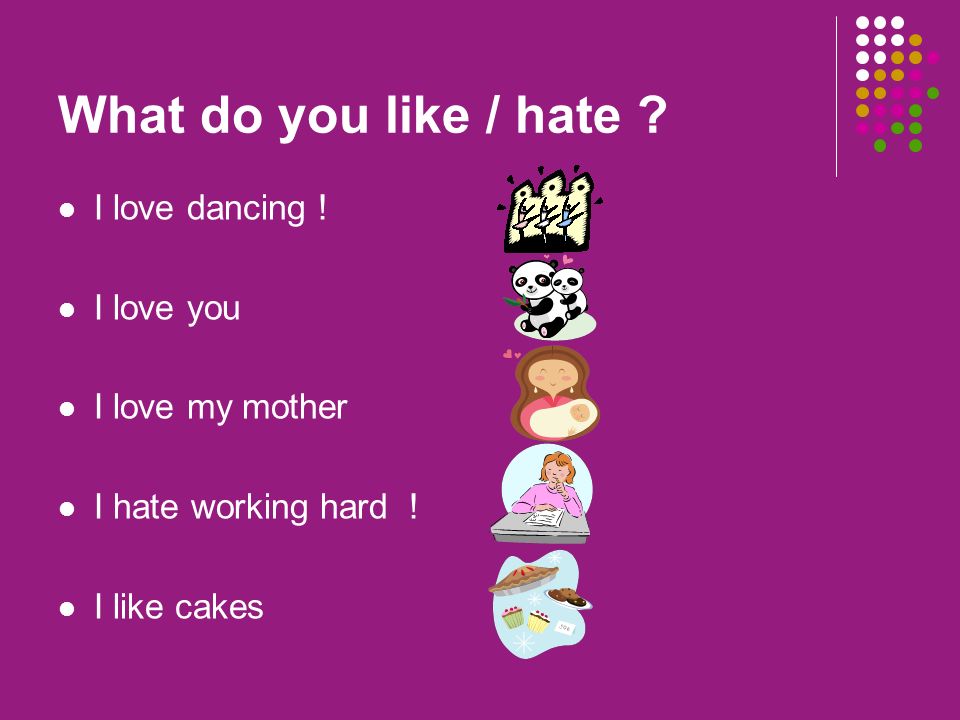
Not only a favorable climate and a healthy diet contribute to a high life expectancy, but also a high level of health care. In Bloomberg’s 2016 ranking of countries with the most effective healthcare in the world, Spain ranked third.
Health care in Spain, although of high quality, costs on average 40% less than in Germany, the US and the UK.
Emergency medical care in Spain
All residents of the country, regardless of status, are entitled to receive emergency medical care.
In case of emergency in Spain, you can call an ambulance at home by calling 112 or 061.
You can also get emergency help around the clock by yourself coming to the emergency department (urgencia) or the Red Cross (Cruz Roja Española).
Calling and receiving medical care in such cases is usually fully or partially covered by insurance.
Spanish health insurance system
Spain has public and private health insurance systems.
The public health insurance system was established in Spain in 1942.
Non-working spouses of Spanish citizens legally residing in the country can apply for free medical care on the basis of their spouse’s public insurance.
Citizens of EU countries living in Spain can receive free medical care by presenting a special certificate in the form E111 or a private European health insurance policy.
For other categories of foreigners, including illegal immigrants, only emergency medical care is available free of charge. To access the full range of services, they need to purchase health insurance, otherwise all treatment bills will have to be paid in full.
National health insurance policy costs from 60 euros per month. Prescription drugs are not covered by this insurance.
Paid medicine in Spain is quite expensive, so most of the patients of non-state medical centers are served by private insurance. Additional benefits of private health insurance are the ability to independently choose a medical center and doctor and get an appointment faster without having to get a referral from a therapist.
The cost of private insurance is from 12 euros per month, depending on the insurance company, the age and health of the patient.
Dental insurance is often not included in the general one, but it is worth buying it, since in Spain all dentistry services are paid. Such insurance costs from 7 to 20 euros per month and covers 30–50% of the cost of treatment. Examination, professional cleaning, x-rays and other studies are fully paid for by insurance.
Health insurance is required for all applicants for a residence permit without the right to work or student residence in Spain. Also, the presence of a medical policy is one of the conditions for obtaining a “golden” visa and a long-term type D visa.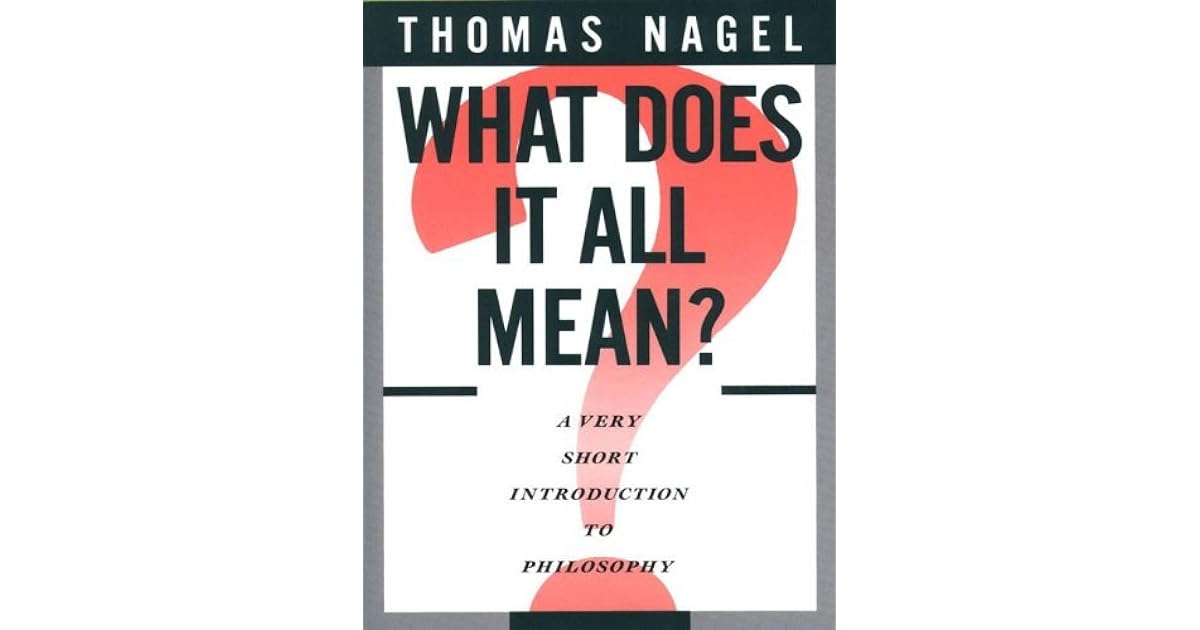
Hospitals and clinics in Spain
The Spanish health care system includes about 1,000 public and private clinics and health centres.
| Medical facility | original name | City |
|---|---|---|
| Virgen de las Nieves University Hospital | Hospital Universitario Virgen de las Nieves | Granada |
| Clinic Complex “Parc de Salute Mar” | Parc de Salut Mar | Barcelona |
| Albacete University Hospital | Complejo Hospitalario Universitario de Albacete | Albacete |
| Clinic “Sant Joan de Deu” | Hospital Sant Joan de Deu | Barcelona |
| Clinic Val d’Hebron | Hospital Vall d’Hebron | Barcelona |
The most developed areas of medicine in Spain are infertility treatment, plastic and aesthetic surgery, oncology, urology, traumatology and orthopedics, physiotherapy, rehabilitation.
Most of the major international hospitals are concentrated on the Mediterranean coast, in major cities such as Madrid and Barcelona, there are highly specialized clinics in the provinces of Navarre and Asturias.
Doctors in Spain are seen in clinics or in private practices. The therapist issues referrals to narrow specialists, prescribes tests and writes out prescriptions for the purchase of medicines.
Spa treatment in Spain
The mild Mediterranean climate and sunny weather in themselves have a beneficial effect on health. In addition, there are many specialized medical resorts in Spain where you can relax and improve your health. There are more than two thousand thermal and mineral springs in the country, on the basis of which balneotherapy centers have been opened.
Treatment is often carried out in five-star hotels that combine the functions of spas and clinics. Thermal procedures, mud and hydrotherapy are indicated for people with various diseases of the joints, skin diseases, impaired motor functions, respiratory diseases.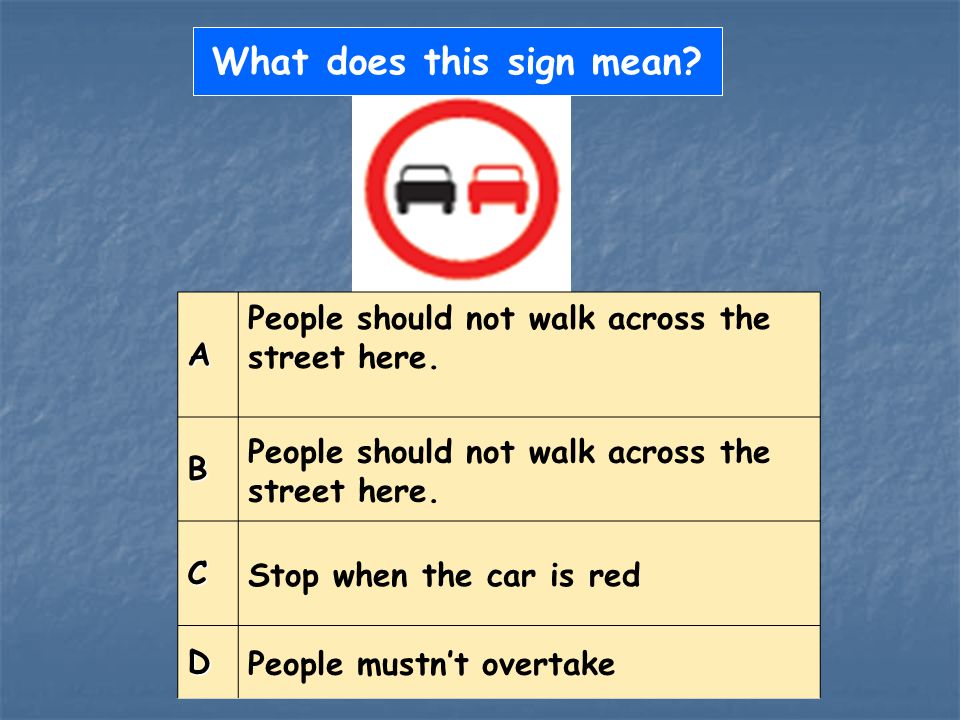
Children’s treatment in Spain
Spain has a very high level of prevention and treatment of childhood diseases. Genetic tests are often used for early diagnosis.
The best pediatric clinics in the country – the department of the Teknon Medical Center (Medico Centro Teknon) and the Sant Joan de Deu Children’s Hospital in Barcelona – are equipped with high-tech equipment for diagnosis and treatment.
All foreign children, up to the age of majority, are entitled to free medical care, regardless of whether they have a residence permit in Spain.
Page does not exist Error 404
The address was entered incorrectly, or the page no longer exists on the site. Go to the main page or use the search
-
Accessories for Apple
- iPhone Accessories
- iPad Accessories
- Accessories for Apple Watch
- Accessories for iPod
- Macbook accessories
- Headphones AirPods
- Cases for AirPods
-
Cell phones
- Push-button phones
- Smartphones
-
Tablets
-
Mobile phone spare parts
- Displays (screens) for mobile phones
- Touch panels (touchscreen) for mobile phones
- Mobile phone cases
- Cables for mobile phones
- Keyboard modules for mobile phones
- Mobile phone batteries
- Connectors and contacts
- cameras
- Microphones
- Microcircuits, boards
- Housing parts for mobile phones
- Phone speakers
- Keyboards for mobile phones
- Antennas
- switches
- Joysticks
-
Spare parts for Apple
- Spare parts for iPhone
- Spare parts for iPad
- Spare parts for Apple Watch
- Spare parts for iPod
- Macbook Parts
-
Tablet spare parts
- Displays (screens) for tablets
- Touchscreens for tablets (touch panels)
- Batteries universal for tablets
- Cables for tablets
- Case parts for tablets
- Tablet speakers
- Tablet cameras
- Connectors and contacts for tablets
-
Mobile phone accessories
- Mobile phone cases
- Protective glass for phones
- Phone screen protectors
- Chargers for phones and tablets
- Phone cables
- Bluetooth headsets
- Monopods (Selfie stick)
- car holders
- Adapters, adapters
- Styluses
- Phone stands
- keyrings
- Laces
- Accessories are different
-
Tablet accessories
- Tablet cases
- Protective glass for tablets
- Protective films for tablets
-
Laptop and PC accessories
- Gaming consoles
- SSD drives
- Joysticks, gamepads
- computer mice
- Mouse pads
- Flash drives
- Routers
- Keyboard
- Keyboard Stickers (Decal)
- Chargers for laptops, power supplies
- Accumulators (batteries) for wifi routers
- Webcams
- Bluetooth adapters
- Wi-Fi Amplifiers and Antennas
- USB hubs
- Card Readers
- Everything for mining
- computer disks
-
Accessories are different
- Electric transport
- Protective films for smart-watch and fitness bracelets
- Portable technology
- Audio
- power bank
- Cases for power bank
- USB fans
- Spinners
- Memory cards
- TV remotes
- Smart watch (smart-watch)
- Straps for smart-watch and fitness bracelets
- Automotive inverters
- Fitness bracelets
- media players
-
Everything for photo, video cameras
- Camera Batteries
- Camcorder Batteries
- Chargers for photo, video batteries
- Spare parts for photo, video – cameras
- DVRs
-
Tools for repair
- Phone repair equipment
- Miscellaneous
- Accessories for soldering equipment
- Soldering stations
- Tools
- Ultrasonic baths (washers)
- Testers
- Scotch
- Cleaners for displays and boards
- Everything for display module repair
Furniture factory FRANCESCO MOLON – prices, objects, compositions, collections and selection by parameters in the catalog of the company ARREDO
Offering the best
home
Factories
Francesco Molon
-
Types of items
(44) -
Songs by section
(7) -
Collections
(9) -
Article list
(1028) - Selection by parameters
Italian factory Francesco Molon, founded as a family business in 1966, carried out orders for the restoration of historical interiors. Over time, the manufacture of copies of antiques was established, and then the development and creation of their own furniture. Today, a well-known brand from Venice produces luxury high-quality furniture, which has become the standard of sophistication and practicality. Francesco Molon products can be seen in the homes of celebrities. Among the admirers of the products of the Italian factory, Elton John, Sylvester Stallone and the heirs of the Rothschild dynasty were noticed.
Factory website:
www.francescomolon.com
Found 1044
Sort
Sort
- By price ascending
- Price descending
- Recently added
- Added a long time ago
- By style
- in the beginning of
- 1
- 2
- 3
- 4
- 5
- .
..
- 24
- 250129
- 939 9
The collection of Italian furniture Francesco Molon presented in the Arredo catalog contains ready-made compositions and individual items in classical, art deco, baroque and fusion styles. The furniture finishing process includes up to 12 stages. The wood is aged under certain conditions, subjected to further processing using manual labor, and then decorated with paintings, carvings and coated with varnish and wax. The result is exclusive pieces of furniture that exist in a single copy. Sofas, showcases, secretaries, kitchens, tables and chairs are made from solid wood, and all elements are connected with a dovetail on each side. The internal surfaces of the cabinets are sanded, varnished and polished just as carefully as the external parts.
Francesco Molon catalogs include armchairs, sofas, chairs, coffee tables, chests of drawers and many other interior items made in a wide variety of styles: classical, empire, art deco, country and many others.




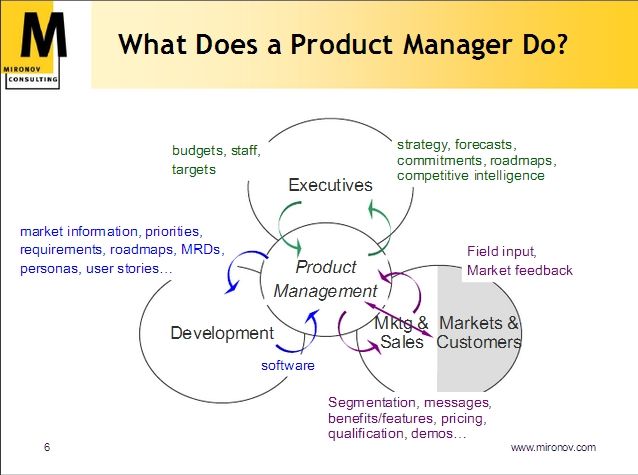

 Depending on the type of medicines prescribed to you and the country in which you are, you will be able to get the medicines free of charge, for a lower fee, or pay them in their full price.
Depending on the type of medicines prescribed to you and the country in which you are, you will be able to get the medicines free of charge, for a lower fee, or pay them in their full price. ..
.. 